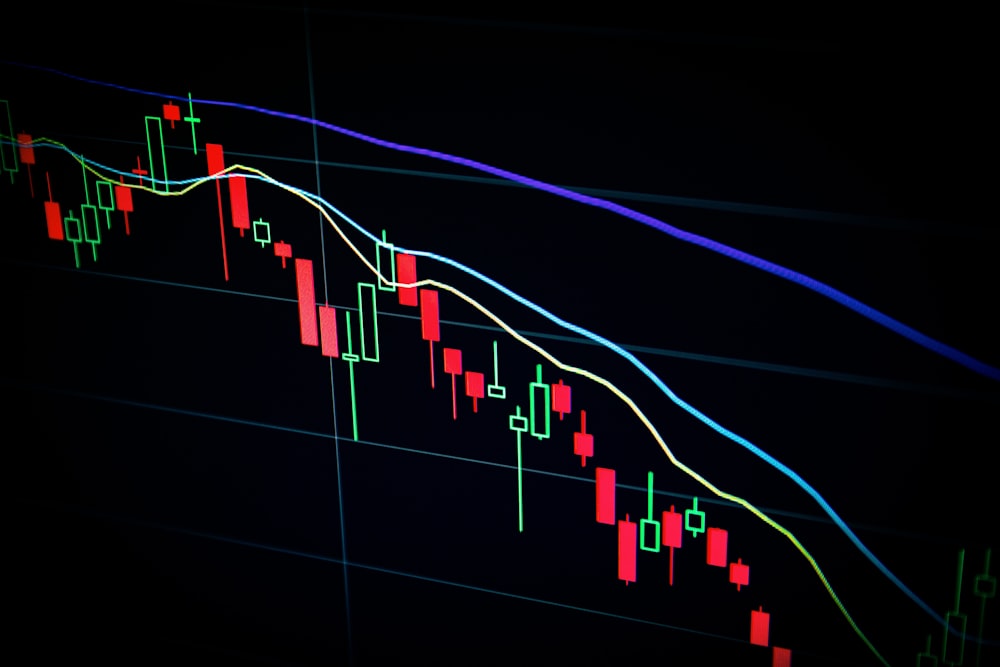Looking for ethical ways to grow your wealth while staying true to Islamic principles? Halal investing offers a range of opportunities to earn money without compromising your values. Whether you’re a beginner or an experienced investor, these Sharia-compliant strategies can help you achieve financial success while adhering to Islamic finance rules.
📚 Table of Contents
- ✅ Sukuk (Islamic Bonds) Investing
- ✅ Halal Stocks & Equity Funds
- ✅ Halal Real Estate Investments
- ✅ Gold & Silver Investments
- ✅ Islamic Banking & Savings
- ✅ Sharia-Compliant Crowdfunding
- ✅ Halal ETFs & Index Funds
- ✅ Agriculture & Commodity Trading
- ✅ Halal Startup Investments
- ✅ Permissible Cryptocurrency
- ✅ Islamic Peer-to-Peer Lending
- ✅ Waqf & Community Investments
- ✅ Conclusion
Sukuk (Islamic Bonds) Investing
Sukuk represent one of the most popular halal investment vehicles, offering asset-backed returns without interest. These Islamic bonds comply with Sharia law by providing profit-sharing instead of fixed interest payments.
Halal Stocks & Equity Funds
Investing in Sharia-compliant stocks and mutual funds allows you to participate in business growth while avoiding companies involved in prohibited activities like alcohol, gambling, or conventional banking.
Halal Real Estate Investments
Property investment through Islamic financing structures like Murabaha or Ijara provides rental income and capital appreciation opportunities while maintaining ethical standards.
Gold & Silver Investments
Precious metals have always been permissible investments in Islam. Physical gold and silver, or Sharia-compliant trading platforms, offer a hedge against inflation and currency fluctuations.
Islamic Banking & Savings
Islamic banks offer profit-sharing accounts and halal investment products that generate returns without riba (interest), providing safe options for growing your savings.
Sharia-Compliant Crowdfunding
New platforms enable Muslims to invest in halal businesses and projects through crowdfunding models that avoid interest and unethical industries.
Halal ETFs & Index Funds
Exchange-traded funds and index funds screened for Sharia compliance offer diversified exposure to global markets while maintaining Islamic investment principles.
Agriculture & Commodity Trading
Investing in permissible commodities through spot trading or Islamic contracts provides opportunities in essential goods while avoiding speculation.
Halal Startup Investments
Angel investing in Muslim-friendly startups or participating in Islamic venture capital funds can yield significant returns while supporting ethical innovation.
Permissible Cryptocurrency
Certain cryptocurrencies and blockchain projects that meet Sharia requirements are emerging as potential halal investment options in the digital economy.
Islamic Peer-to-Peer Lending
Platforms facilitating interest-free lending between investors and borrowers provide an alternative to conventional P2P lending while generating halal returns.
Waqf & Community Investments
Participating in waqf (Islamic endowment) projects or community investment schemes combines financial returns with social impact in accordance with Islamic values.
Conclusion
Halal investing offers numerous pathways to build wealth ethically in alignment with Islamic principles. By carefully selecting Sharia-compliant instruments and consulting with knowledgeable scholars, Muslims can achieve financial growth while maintaining their religious values. The key is thorough research and choosing investments that meet both ethical and financial objectives.


Leave a Reply